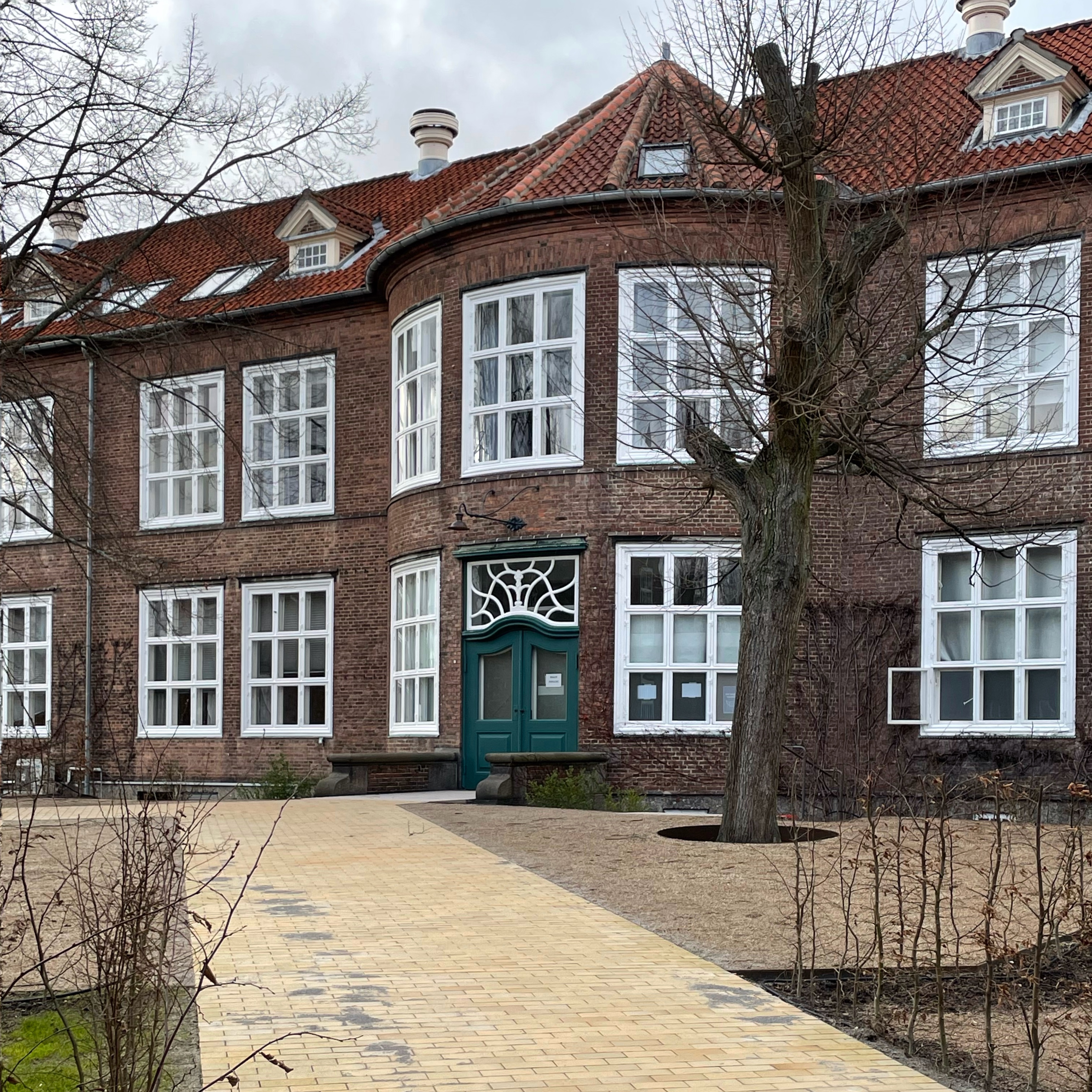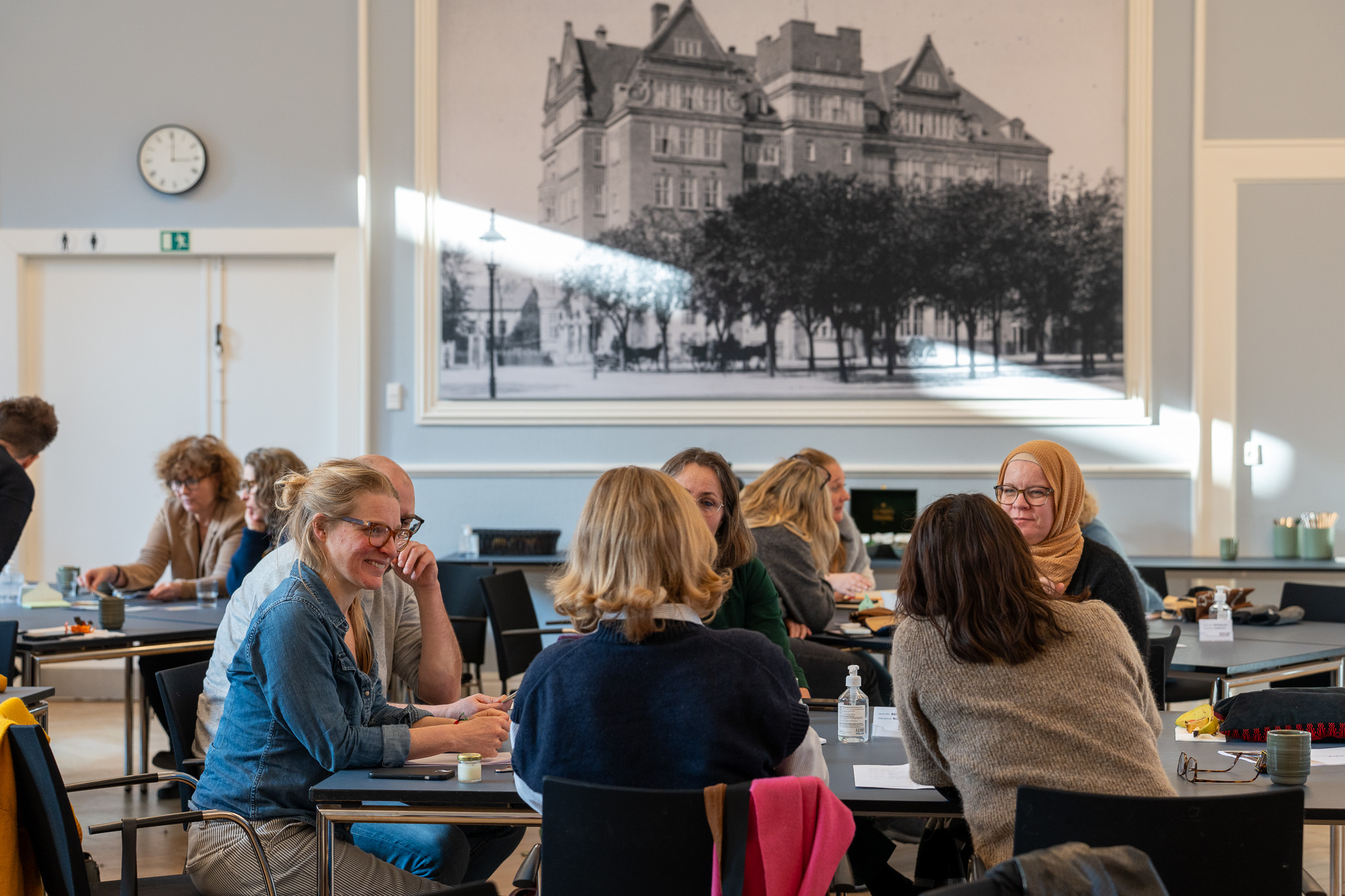
Behind the National Audit Office's study of the disability sector lies hard experience for children and young people with disabilities

Discussion paper by Emil Falster, post.doc at the Bevica Foundation's Universal Design Hub and Aalborg University
It has been five months since I defended my PhD thesis. It was the culmination of three years of work in which I investigated what barriers restrict children and young people with disabilities in their everyday lives. Over the three years, I have observed and/or interviewed 82 children and adolescents with disabilities. I have visited them in their homes, been with them in kindergarten, school and at their secondary education, and I have met and chatted with their parents and friends.
We humans go through many things in life, and some experiences will define and influence us for the rest of our lives. For me, it has been working on my PhD thesis. For children and young people with disabilities, such an experience often occurs when they and their parents apply for public help and support.
On top of the National Audit Office's investigation into the management of the disability sector, including the criticisms of the State Auditors, several insights from the study are still relevant. Behind the National Audit Office's data base on changes in conversion rates are people — including children and young people with disabilities.
But how does it really affect children and young people when they and their parents have to cooperate with the municipality, but do not receive the necessary help and support, and therefore have to go through a long processing time and complaints process?
Research of children and adolescents with disabilities in meeting with the system
For the parents, for example, it causes sadness, nervousness, stress and exhaustion, and cooperation with the municipality often figures as another burden in an everyday life where it can already be difficult to make ends meet. When parents react in this way, it is due, among other things, to the fact that their child's well-being and participation opportunities in everyday life are at stake, for example in the case of granting support for a disabled car or an assistive device.
For children and young people, the reaction is different. Naturally, they also become frustrated, nervous and sad when they learn that they either have to wait a long time or may not be able to receive the help and support that constitutes one of the basic minimum conditions for their well-being and equal participation opportunities, for example in kindergarten or school.
We are dealing with a group of children and young people who, very early in their lives, self-interpret it in the way that the system that was otherwise supposed to promote their well-being and participation opportunities does the opposite. But what is most disheartening is that they often engage in what could be characterised as self-repressive behaviour. This happens when they learn that their parents are stressed and pressured by the application process and cooperation with the municipality. This means that they refrain from expressing their need for help and support — and more generally the desires they have for their lives and lives. For example, it could be the desire to start playing sports or to see their friends something more.
Instead, they involuntarily become a shadow of themselves, having made themselves the hard experiences that they relieve their parents if they remain passive and allow their need for help and support to remain inarticulate. The children and young people experience and interpret the conditions so that the reason behind their parents' stress is a result of their disability. In other words, they take on a guilt and shame in which they have no share. These are hard experiences to make as a child or young person — and it is, of course, something that risks affecting them in adolescence and later in adulthood.
Some might start to blame the parents for not protecting and shielding the children and young people from the processes that may be linked to case management, cooperation with the municipality and a possible complaints process. But like all other children and young people, of course, they have the right to be involved in their own cause and deliver their perspectives on what is meaningful help and support for them.
Children and adolescents with disabilities are no different from other children and adolescents. They often want the same thing. But their conditions for doing so are very different — especially when, as a child or a young person with a disability, you have to experience yourself early on as a “burden” on your surroundings. It is detrimental to one's self-confidence, self-respect and self-esteem — and thus to the certainty of the legitimacy of one's own feelings and needs, one's experience of being legally equal to others, and not least the assurance that, as the unique human being one you are, you have something to contribute.
Time for a Reformation of the Disability Area
The National Audit Office's study of disability is based on a wide range of figures, but behind these figures are children and young people with disabilities who have had to experience that it is a gruelling and painstaking job for their parents to provide them with the help and support that enables them to participate equally in society.
The National Audit Office's study is therefore another occasion to consider whether and how the disability area can be reformed in a way that does not involve the negative experience of the application process, the handling of cases or the long and gruelling complaints process that children and young people take with them into youth and adult life — but rather the experience that they are an asset, that their needs for help and support are supported within the framework of the legislation They are legally equal to the rest of us.
The way we have run the disability field for more than a decade is an expression of a certain human view. A human vision that, in the case of children and young people with disabilities, sets itself as deep traces, where they get the perception that they are a burden on others. Already here, the foundations of the next generation's trust in municipal authorities are being undermined. When trust has turned to distrust, the prerequisites for constructive cooperation are not there — and nobody really benefits from that.
Latest News
Follow the latest news from the Bevica Foundation below.



